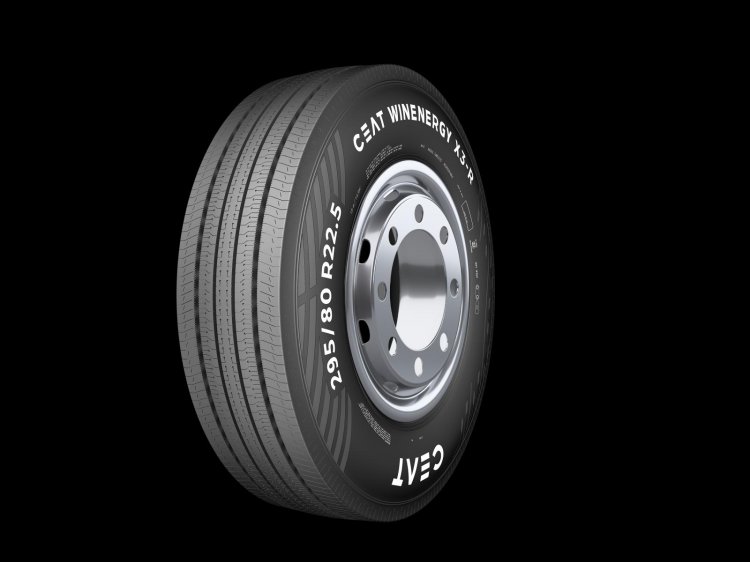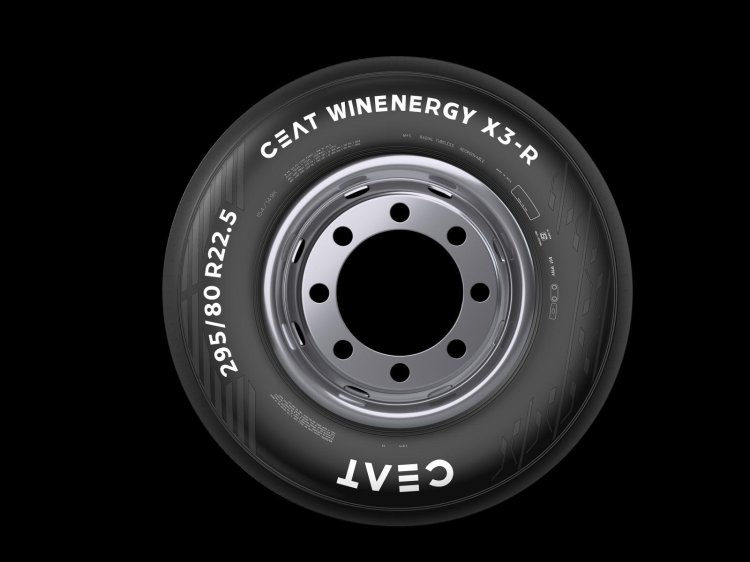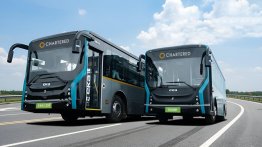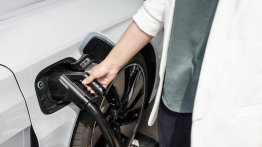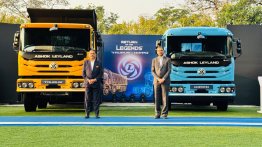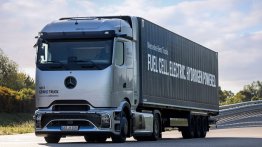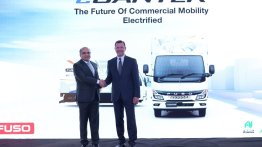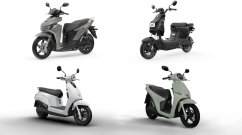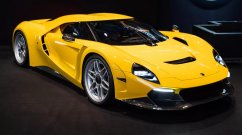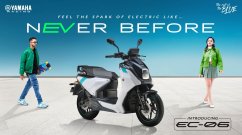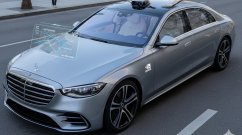CEAT has introduced specially designed tyres for electric buses. The tyre manufacturer says that these tyres have been tested for ride and handling and are specific to the requirements of electric buses for use on urban roads.
The performance of CEAT’s WINENERGY X3-R tyres is already proven in EV fleets across the country. Data has shown that these tyres deliver 30% higher mileage, 30% better rolling resistance, and 50% reduction in tyre noise as compared to regular tyres. These parameters are particularly important in EV vehicles. Non-polluting electric buses are cheaper to run and are less noisy compared to vehicles using fossil-fuels.
The R&D invested by CEAT into the development of the new EV tyres has considered the unique requirements and characteristics of an electric bus. For instance, an EV bus has a higher torque, both at the start and also when accelerating. An electric engine is also heavier than a diesel engine. An electric bus needs to be able to offer a smooth, cushioned ride on city roads which are quite often in a state of disrepair. The technical aspects of CEAT’s WINENERGY X3-R tyres address these requirements.
The tyre has an all-steel tubeless construction with a robust casing to cater to the high torque. The tyres have a low rolling resistance for better mileage. Other technologies have also been utilised: such as EVST for better stiffness and tyre grip, FaF to dampen noise, and BRIC-T to resist tread buckling.
The tyres have a unique circuit design, a wider contact, and have reinforced sidewalls – these features provide better traction and reduce tyre damage, hence making for a safer, cost-effective, and smoother ride. Another aspect of these EV tyres is that they fit all axle positions. The EV tyres are available in two sizes - 295/80R22.5 and 255/70R22.5.
